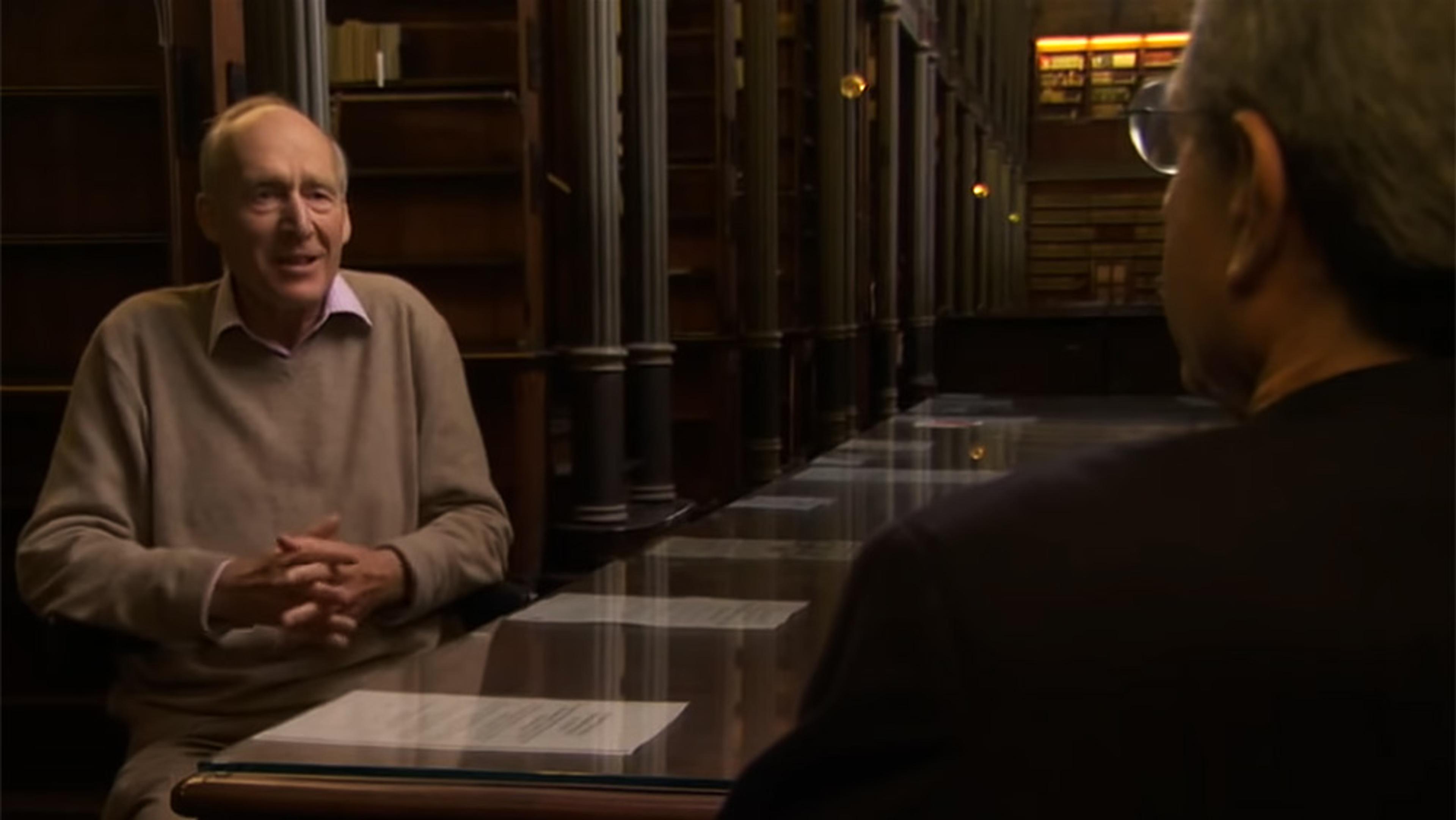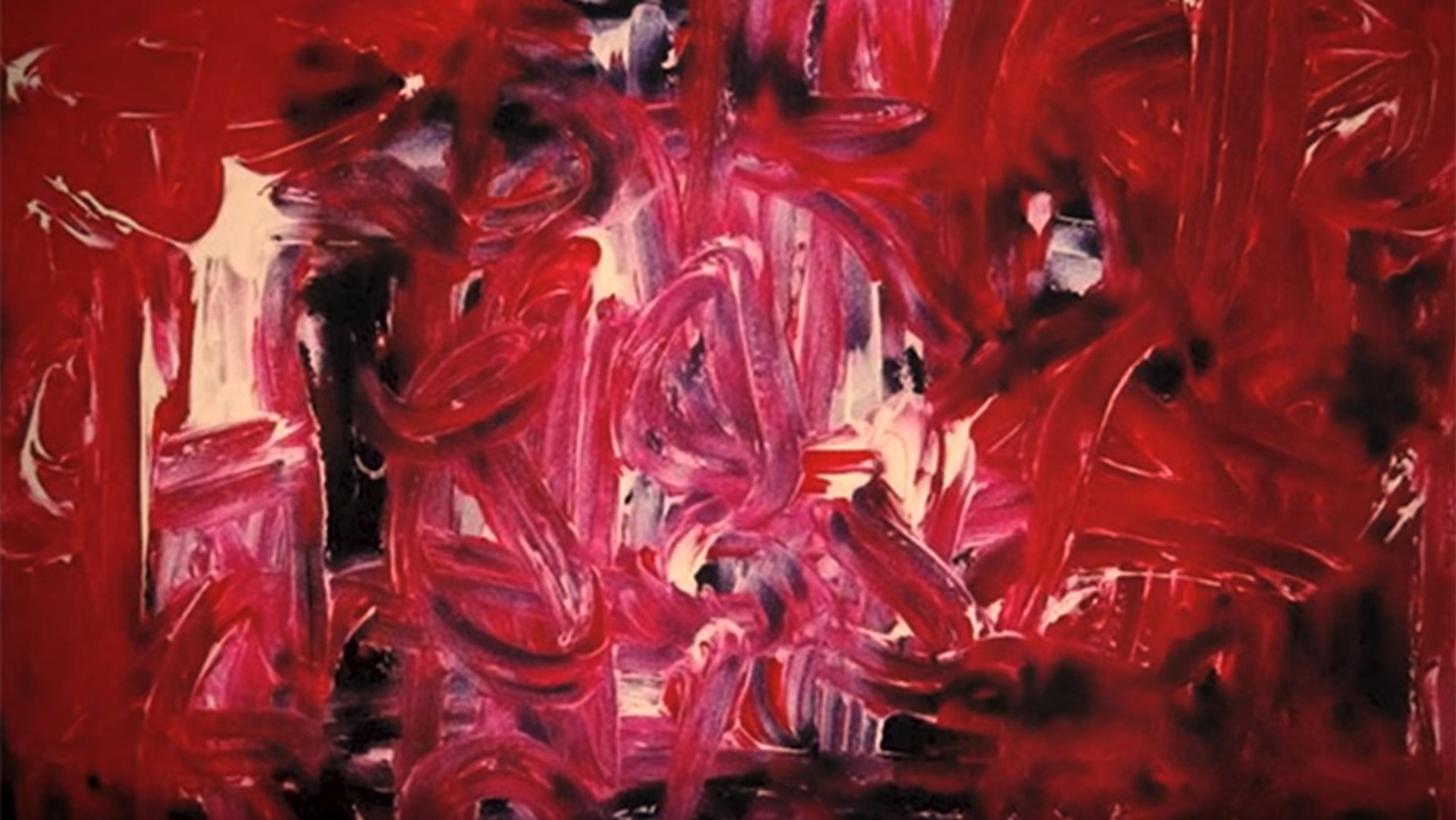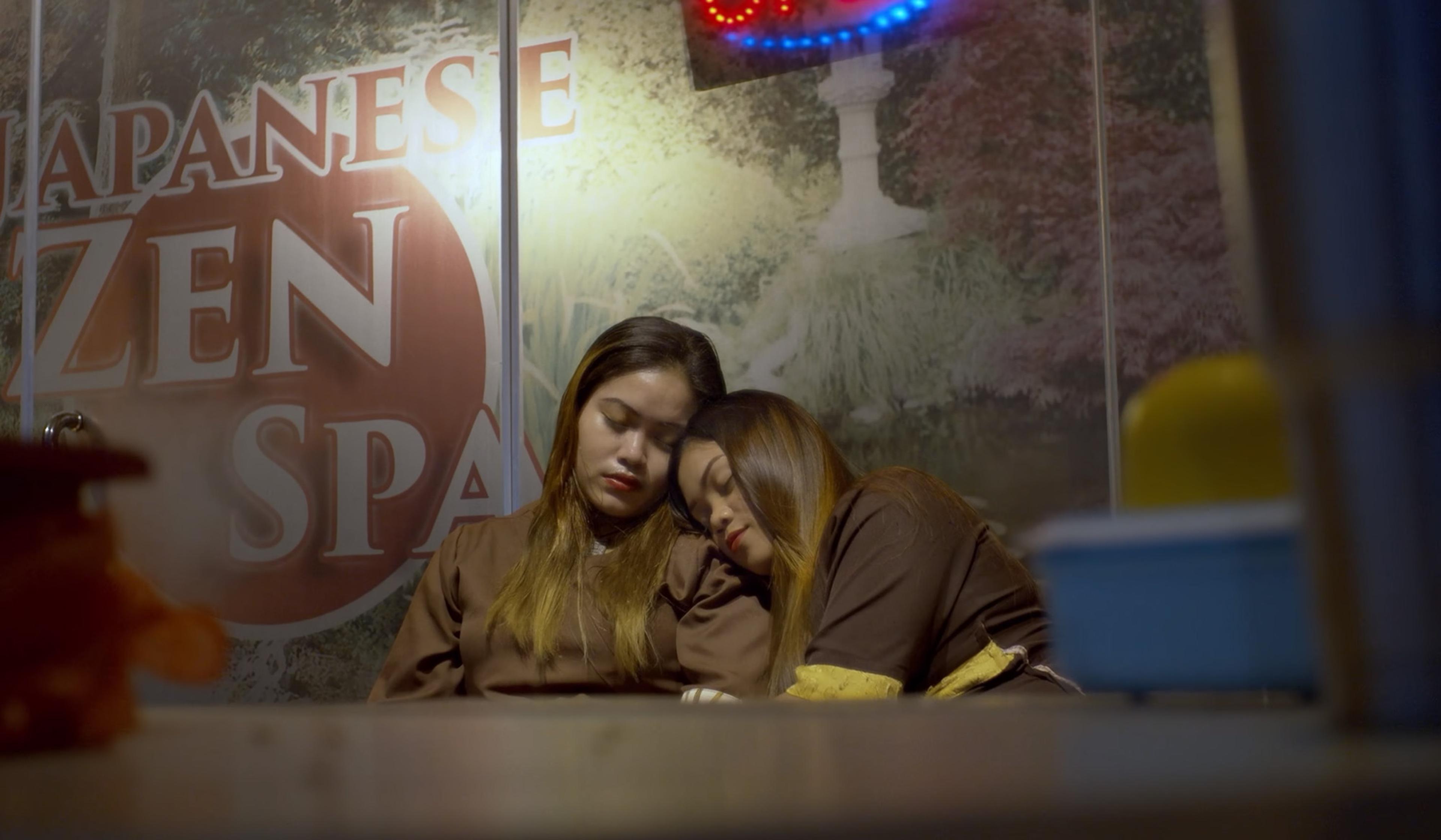Before the dawn of electric light in the early 20th century, humans mostly took cues from the Sun to determine when to sleep and when to stay awake. Now, however, our exposure to artificial light sources is nearly constant. While these extra hours spent in light are widely viewed as more time to pursue work or leisure, studies show they might also be playing tricks on our body and cutting against our default biological rhythms. How Electric Light Changed the Night combines a brief history of artificial light and sleeping patterns with a scientific exploration of the surprising ways artificial light affects us.
How artificial light affects our physiology and our sleep
Producer: Arwen Curry
Website: Deep Look

videoBiology
Do we finally understand why winged insects seem drawn to light?
7 minutes

videoHistory of ideas
From sky charts to atomic clocks, time is a mysterious story that humans keep inventing
8 minutes

videoNature and landscape
What else do we lose when we lose sight of the stars?
3 minutes

videoHome
Why one of our simplest designs – the light bulb – is also one of our best
2 minutes

videoNeurodiversity
The work of a sleepwalking artist offers a glimpse into the fertile slumbering brain
4 minutes

videoPhysics
Our Universe has light not by chance but by necessity
59 minutes

videoHistory of technology
Breakthroughs, quackery and strange beauty: the afterlife of outmoded medical devices
5 minutes

videoWork
A Swedish expat in the Philippines wonders: what’s up with people sleeping at work?
14 minutes

videoCities
What happens when the power goes off. Or, how to enjoy a blackout
4 minutes